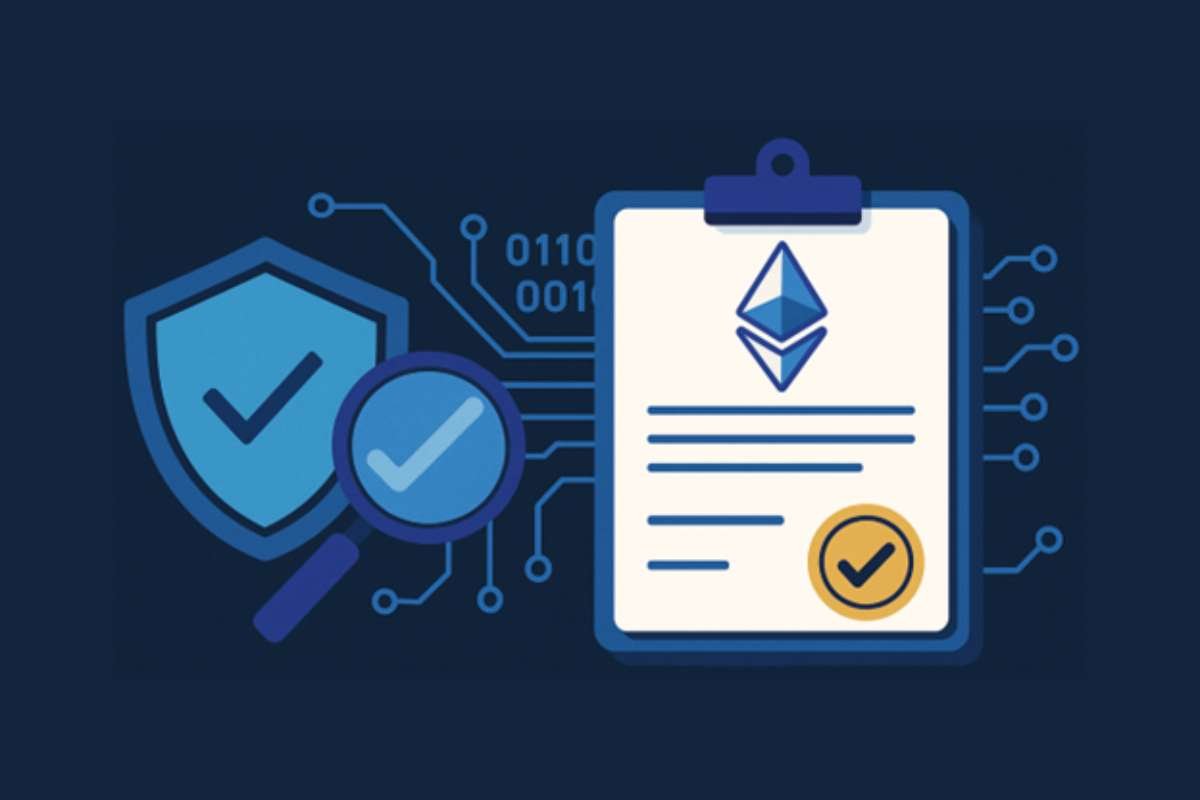
Smart contracts represent a fresh approach to doing business, one where we don’t need to trust people to uphold their side of a contract. Instead, the contract itself handles things like releasing payment for completed work. It’s a more efficient system, but these contracts are written in complex code that must be correct before it’s deployed. Errors could be costly and irreversible, which is why a smart contract audit is essential for their use.
This is your quick guide to planning an audit of your smart contract.
Make Sure Your Code Is Complete First
Before hiring an independent service to conduct your smart contract audit, make sure you’ve performed a soft audit yourself. All the planned features of your smart contract should have been completed and tested, and the code shouldn’t be edited further while under review. Run tests and scans, and conduct internal peer reviews to make it as complete as possible before hiring auditors. Not wasting time catching obvious issues can decrease the cost of the audit.
Define the Audit Scope
The blockchain is revolutionising finance and can handle many different types of transactions, many of which can be automated by a smart contract. It’s important, then, to clearly define all of the files, wallets, and other technologies that will be affected by your contract. These may have been coded by others, so you’ll need to decide whether these should be included in the audit. In some cases, you can assume they’re already safe.
Choose the Right Auditor
Finding the right provider to carry out your smart contract audit is crucial. There’s a lot of complex code to dig through, and not everyone can do this equally well. Look for audit consultants with a track record of involvement in highly successful projects, ideally ones similar to your own. Ask around and find out how they are perceived by other experts in the industry, and make sure you can understand their process.
Prepare Documents and Resources
Presumably, you want to deploy your contract and get things moving as soon as possible. Some audit consultants also charge an hourly rate for work, so minimising time should be important. To that end, make sure you have all the information ready that the auditor might need. This may include technical documents, architecture diagrams, and your own testing procedures. Details about the different features of the contract and how they should behave are also useful.
Allow Enough Time
While minimising time is important, the audit shouldn’t be rushed. This could result in errors and vulnerabilities being overlooked, so focus on preparing as much information as you can to give to the auditors upfront rather than setting a tight deadline. The consultant will help you set a realistic timeline. Remember to allow some buffer time between the audit end and the deployment date of the contract, as you may need to fix errors.
Choose Between a Public or Private Report
The outcome of your audit will be a report which details the vulnerabilities the auditor uncovered and their suggested remedies. Many blockchain projects choose to publish this to be transparent and gain the trust of people who work with them. This can be very helpful if the report is good, but it will highlight any weaknesses that are found. This could lead to trouble if they are not fixed quickly.
Conclusion
With major governments showing support for crypto and blockchain technology, we’re likely to see a lot more business done using these in the future. Smart contracts look likely to be an important part of the future economy, so knowing how to prepare for a smart contract audit is important. Familiarising yourself with the process now means you’ll be better prepared.


